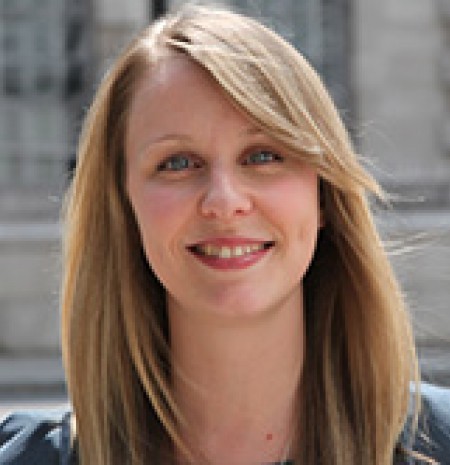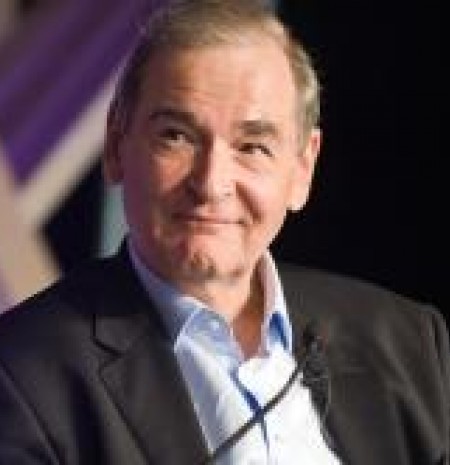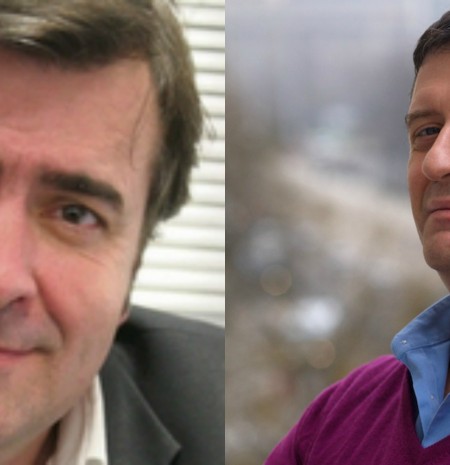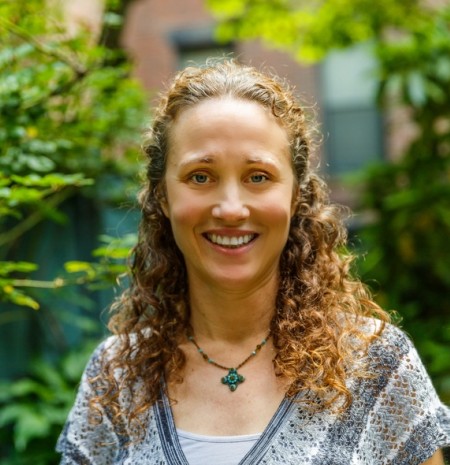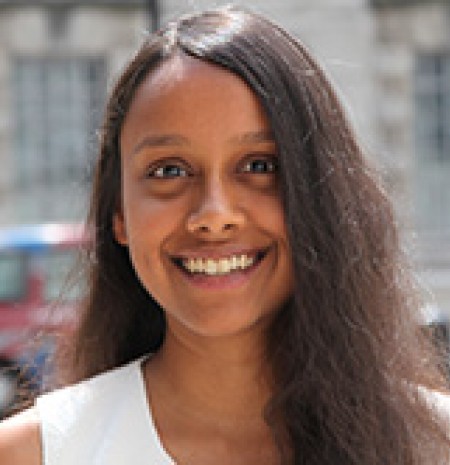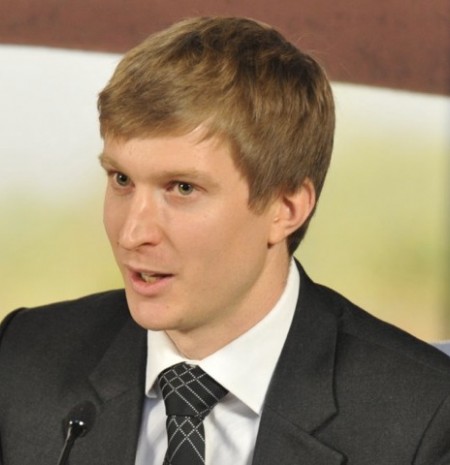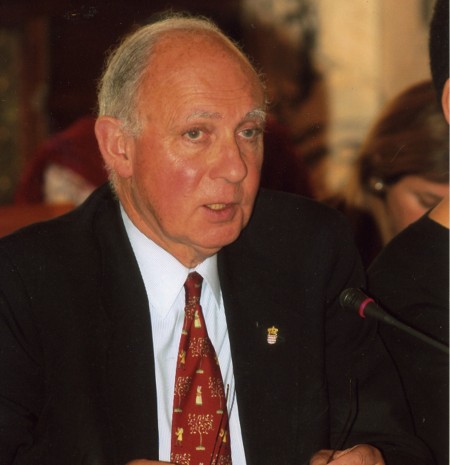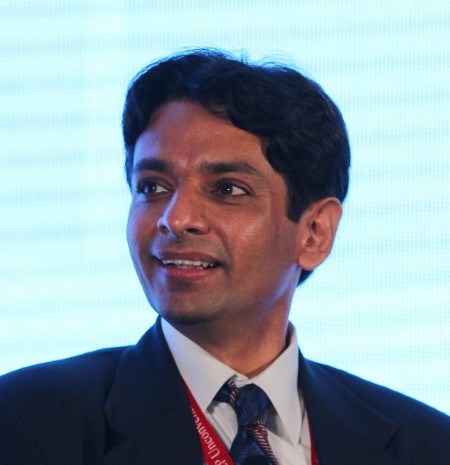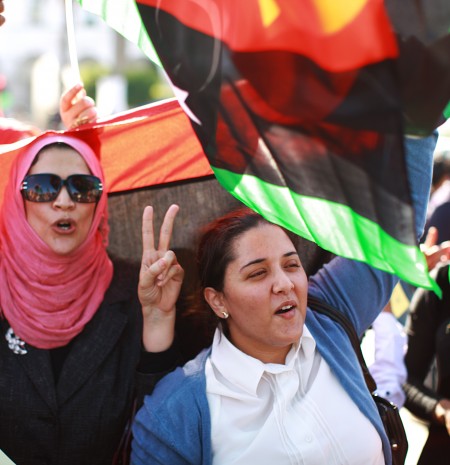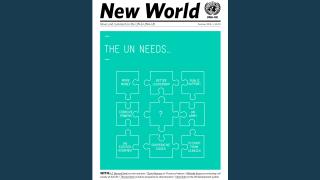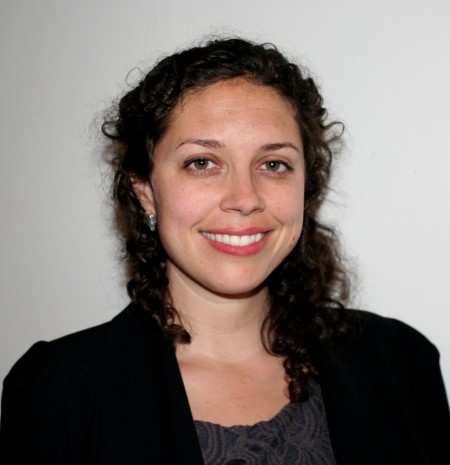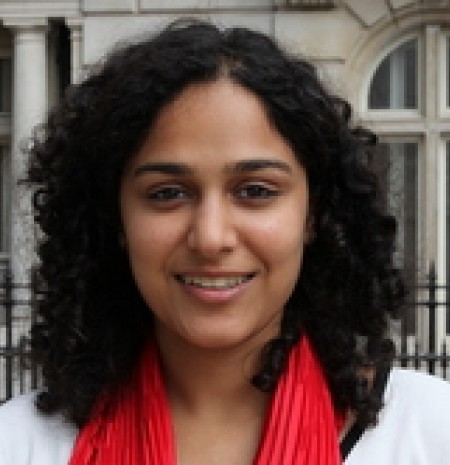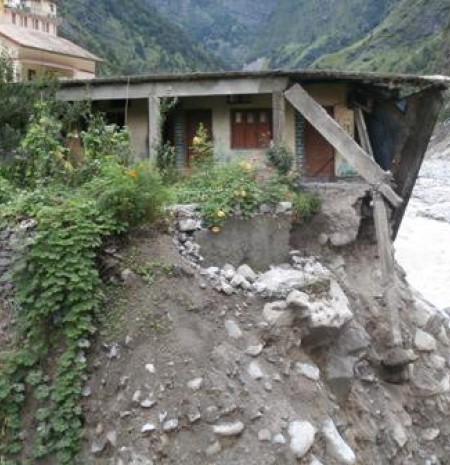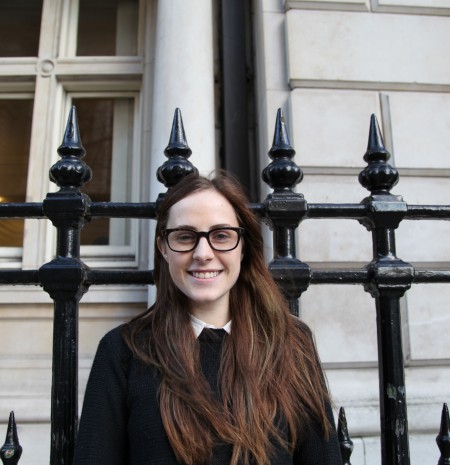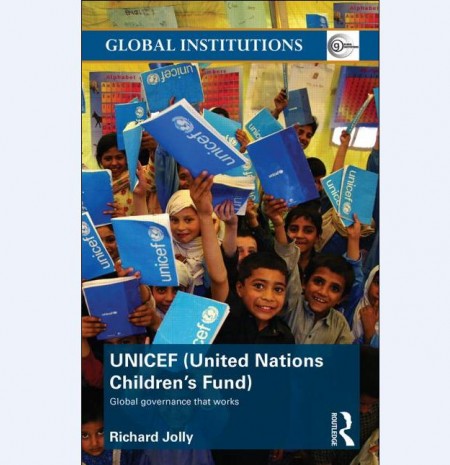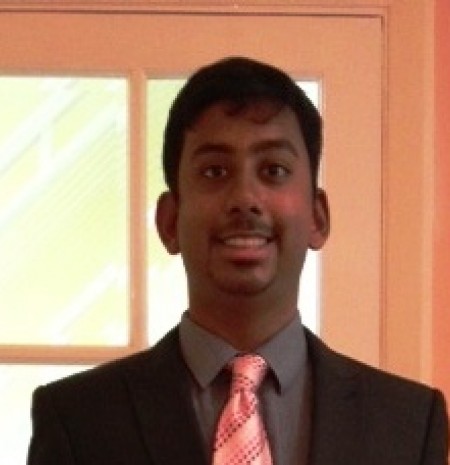Before joining the UN I was not fully aware of the important role of police in UN peacekeeping operations. After almost five years as Deputy Police Adviser and then Police Adviser, I realised that I was not the only one who related peacekeeping more to military business than to police work.
The role of UN Police has been growing tremendously over the years. It has gone from being an observer to taking the lead in building a new democratic police organiation operating in post-conflict settings. Much of this required changing the mindset from police force to a police service.
Bring “police issues” to the table became one of my main challenges at the UN. Despite positive recent changes, the focus is still very much set on solving conflicts by military means. However, planning operations without involving the police is, in my belief, not the best way to go. I often felt like a broken record constantly reminding my peers aboutUN Police. Many still feel that the police come into consideration at a later stage, but that is like adding the yeast after the dough is made.
One area I feel very strongly about is increasing female police officers in peacekeeping operations. No work place is at its best with only men or only women. The mix is preferable and if you are willing to see different perspectives you will end up with a much more skilled work force.
During my tenure we looked into various ways to increase female participation, for example, we did look into the recruitment criteria to make sure these were gender neutral. We used established networks not only to spread the word, but also to create a professional network of competent women with experience in peacekeeping. Their inclusion is essential. In a post-conflict setting sexual violence is often used as a tactic of war and the perpetrator is usually a man in uniform. So why trust another man in uniform?
When launching the Global Effort in 2009 – an initiative set up to recruit women to UN Police – we had around 6-7% of women in active police duty in different missions. We set a goal of having 20 per cent by 2014 and with an amazing response from member states we quickly reached 10 per cent. It is still an ongoing challenge, but a very relevant ambition.
Another area where I think the police could play a greater role is in the thinking and planning of peacekeeping operations. Protecting civilians, at the heart of UN peacekeeping operations, is also in the heart of every police officer. This is what we do best. Of course there are different kinds of threats and for some you need military capacity, but I believe police knowledge could help. We are the ones who work in close contact with affected communities and usually know the talk amongst the local population. That is the best intelligence you can get. What can be better than protecting civilians by prevention?
Being Police Adviser and getting insights such as these into the peacekeeping world is the best experience I have gained during my career. Unfortunately peacekeeping still seems to be high in demand. For new missions we need to leave tradition, prestige and old habits behind. Let’s use all the experience there is in the UN to keep moving forward. We need to remember what a privilege it is to be a UN peacekeeper. We are human rights on duty, and that must show.
Ann-Marie Orler was the top UN police official until January 2013. She is now Chief du Cabinet at the National Commissioner’s office in Sweden.

